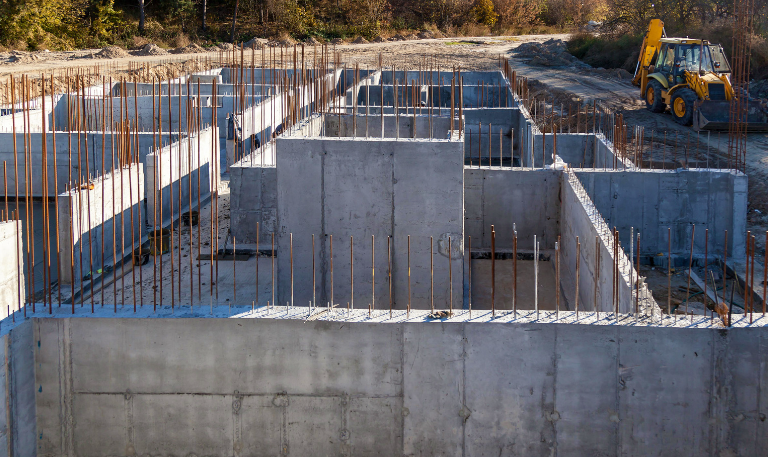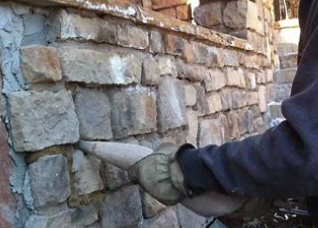4 Concrete Block Types Used In Construction
Concrete blocks are an essential part of many construction projects. They can be used for walls, foundations, and even decorative features. Many types of concrete blocks are available, and each has its own advantages and disadvantages.
For example, lightweight blocks are easier to work with but can be more vulnerable to damage. Hollow blocks are great for creating partitions but can be less stable than solid blocks. Ultimately, the type of block that is right for a particular project will depend on the job’s specific requirements.
Gray block is the most common type of concrete block, made from cement and stone. Other types of concrete blocks include autoclaved aerated concrete blocks and breeze blocks.
Gray Blocks
Gray blocks (concrete masonry units) are popular building materials for a variety of reasons. They are relatively inexpensive and easy to work with, which makes them ideal for many construction projects. In addition, gray block is strong and durable, providing a sturdy foundation for walls and other structures.
They are also non-combustible and have a high fire rating, making them an excellent choice for applications where fire safety concerns. Gray block is available in various sizes and shapes (8″ x 8″ x 16″ being the most common), giving builders a great deal of flexibility when designing projects. As a result, gray block is a versatile and popular choice for many construction applications.
Autoclaved Aerated Concrete Blocks
Autoclaved aerated concrete (AAC) blocks are lightweight, pre-cast building materials made with sand, lime, gypsum, and cement. Blocks are usually cast in molds and then cured in an autoclave, which uses steam to accelerate the curing process. The finished blocks are strong and durable yet easy to work with, making them a popular choice for both commercial and residential construction projects.
In addition to being used for walls and partitions, they can also be used for foundations, floors, and ceilings. Thanks to their versatility, AAC blocks are a staple of the construction industry.
Breeze Blocks
Breeze blocks are a type of concrete block commonly used to construct visual walls. As with all concrete, they have several advantages over other construction materials. First, they have good acoustic properties, meaning they can help reduce noise levels. Second, they have good thermal properties, which can help keep a building warm in winter and cool in summer. Third, they are very fire resistant, making them an ideal choice for use in buildings with a fire risk.
Foam Blocks
Foam blocks are made from a mixture of cement, water, sand, aggregate, and foam insulation. This makes them lighter than traditional concrete blocks and provides excellent insulation properties.
Foam blocks are used to construct homes, apartments, office buildings, and other structures where thermal insulation is desired. They are also used in constructing walkways, patios, and driveways. In addition, foam blocks can be used to create landscape features such as retaining walls, planters, and ponds.
There are many different types of blocks available on the market, each with its advantages and disadvantages. That’s why it’s important to consult a qualified professional before making a purchase. A professional can assess your needs and recommend the best type of block for the job. They will also be able to provide guidance on installation and care, ensuring that you get the most out of your purchase.

Masonry Sales RepresentativeMatt Henshaw
Latest News

4 Ways To Reinforce Concrete
Concrete is one of the most fundamental materials used in construction. If you’re working on a domestic project or a […]

The Environmental Benefits Of Using Ready-Mix Concrete
The construction industry is changing quickly to meet the growing demand for sustainability and eco-friendly practices. One of the most […]

6 Essential Tips For Grouting Stone Veneer
Grouting stone veneer is an important step in the installation process that can significantly impact the overall look and durability […]

Should You Fill Hollow Concrete Blocks?
Hollow concrete blocks are widely used in construction due to their strength, versatility, and lighter weight compared to solid blocks. […]
